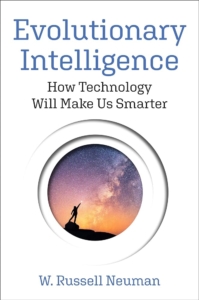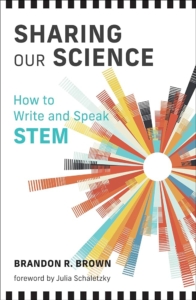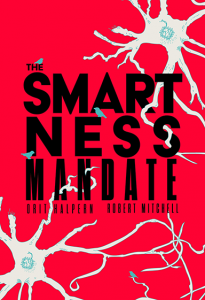“Evolutionary Intelligence: How Technology Will Make Us Smarter” with Professor W. Russell Neuman
Artificial intelligence (AI) has emerged as one of the most remarkable advancements of our time. It is a powerful evolving technology that has transformed the way we interact with machines and perceive the capabilities of computer systems. However, with this newfound power comes a natural apprehension. There is a noticeable fear surrounding the unintentional consequences and unintended implications of Artificial Intelligence. As this technology becomes increasingly integrated into our daily lives, the question is: how justified are our fears and just how tangible, and how real is the threat posed by this revolutionary technology? Perhaps, the underlying cause of these fears is our tendency to unjustifiably attribute human traits to the machines we may construct.
A compelling new perspective suggests that human intelligence will evolve alongside digital technology, leading to a transformative coevolution of human and artificial intelligence. This augmented intelligence will reshape our thinking and behaviour. In his recent book “Evolutionary Intelligence: How Technology Will Make Us Smarter” Professor W. Russell Neuman offers a remarkably optimistic perspective where computational intelligence not only addresses the well-known limitations of human judgement but also enhances decision-making capabilities and expands our capacity for action. In this episode of Bridging the Gaps, I speak with Professor W. Russell Neuman. We discuss how our future depends on our ability to computationally compensate for the limitations of the human cognitive system. We explore Neuman’s viewpoint that “if intelligence is the capacity to match means with ends, then augmented intelligence can offer the ability to adapt to changing environments as we face the ultimate challenge of long-term survival”. Professor Neuman’s distinctive approach to explain complex concepts through narratives and anecdotes adds an engaging layer of interest to this discussion. This highly informative discussion makes a powerful argument for the continued coexistence of humans and their machines.
W. Russell Neuman is Professor of Media Technology at New York University. He is a specialist in new media and digital education. He is a founding faculty of the MIT Media Lab. He served as a Senior Policy Analyst in the White House Office of Science and Technology Policy, working in the areas of information technology, broadband policy, and technologies for border security.
Complement this discussion with Reclaiming Human Intelligence and “How to Stay Smart in a Smart World” with Prof. Gerd Gigerenzer and then listen to “Working with AI: Real Stories of Human-Machine Collaboration” with Professor Thomas Davenport and Professor Steven Miller.




Connect With Us